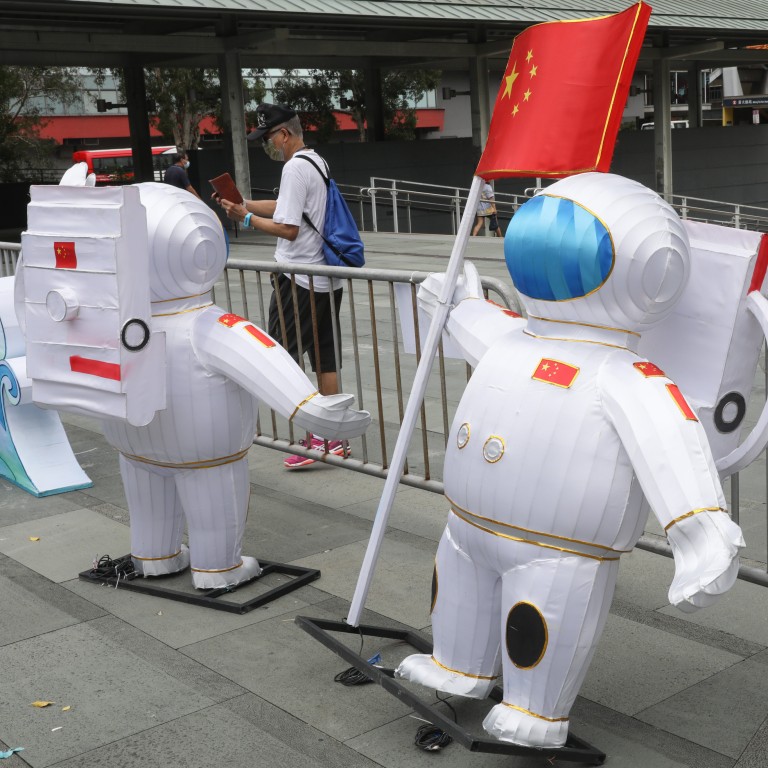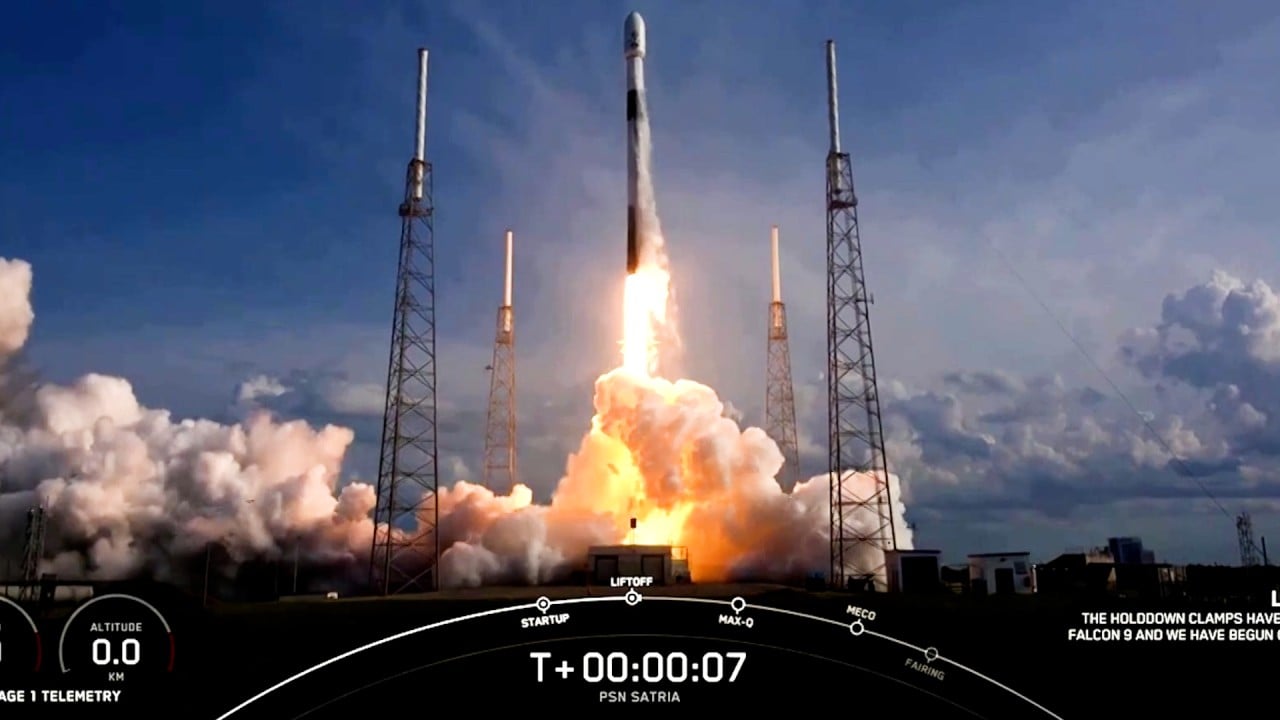
How Hong Kong can play a critical role in the space economy
- The ‘NewSpace’ industry, which includes the low Earth orbit vital to the global economy, is passing Hong Kong by when the city has such capacity to fund and manage it, incubate talent and tech, and help set up much-needed global regulations to deal with space debris
This could be via our strong legal and compliance infrastructure, investment avenues, listing expertise and associated knowledge mechanisms, as befits a great global fintech hub. We just need the right “green light” environment set from on high. The investment interest is there.
The NewSpace economy covers the low Earth orbit a few hundred kilometres above us, where most of the world’s satellites are. It includes the geostationary realm, about 36,000km from us, where the satellites for global communications and TV are found.
That all sounds impressive and important, and it is. The commercial payback can be significant. Hong Kong can play a role via companies like AdaSpace, USPACE Technology Group and Silkwave, and especially in supporting smart-city infrastructure from space.
But the low Earth orbit environment operates a bit like the Wild West. It urgently needs effective and enforceable global regulation and here, Hong Kong could use its skills in compliance, negotiation, dispute resolution and regulatory excellence to help manage such a global process. The use of low Earth orbit is vital to the global economy but unfettered access comes with serious risks.
Traffic in cities would become gridlocked, our smartphones would stop functioning as such and most countries are likely to declare a state of emergency to deal with the calamity. It could set back human societies by decades.
Amazingly, despite space debris being a well-recognised, even researched, problem by serious scientists around the world, there are few practical and affordable solutions.
When it comes to the space economy, Hong Kong must reach for the stars
Powerful global regulations with serious teeth are needed, to protect the extremely valuable low Earth orbit in particular, and Hong Kong can help – the University of Hong Kong already offers space law courses. And later this year, a major international conference focused on space sustainability will be held in our city for the first time.
So we need to wake up, recognise and react to the mainland’s progress in this area and seize our rightful role, not just as an innovative technology incubator but as a dispute and compliance centre of excellence to protect our precious space environment and its commercial promise.
Quentin Parker is an astrophysicist based at the University of Hong Kong and director of its Laboratory for Space Research


